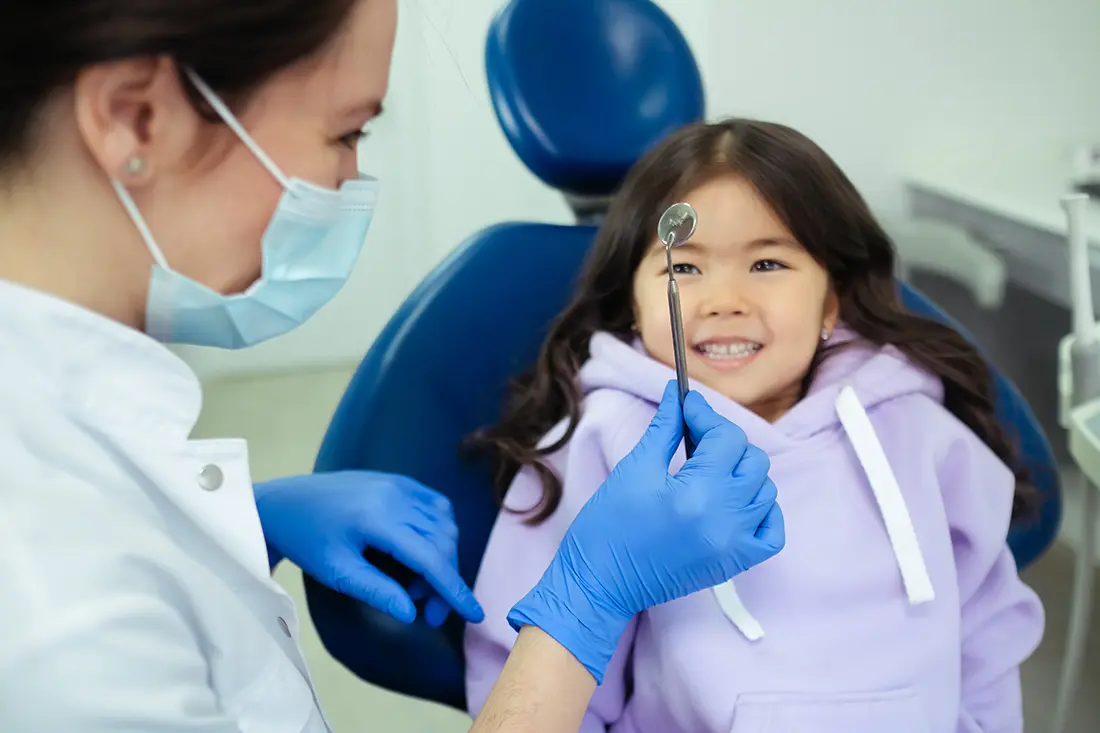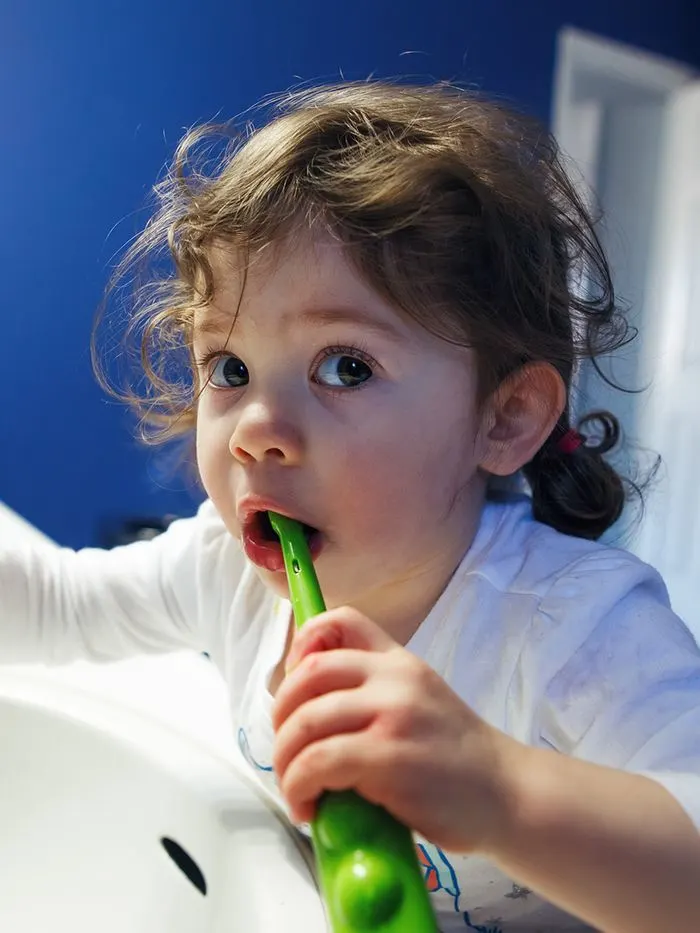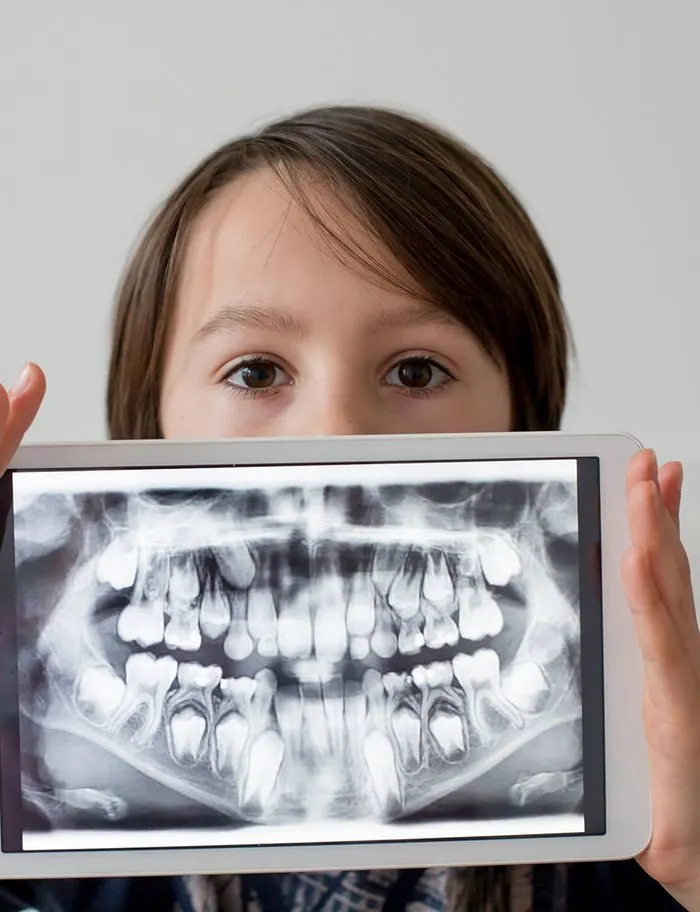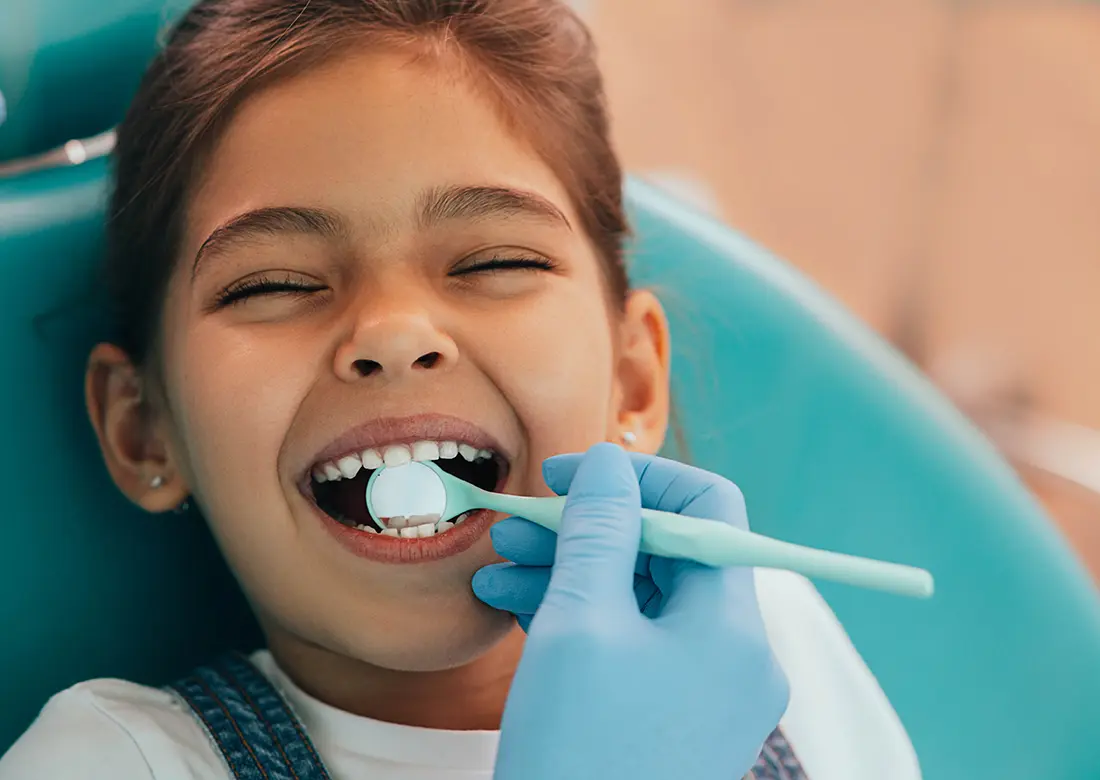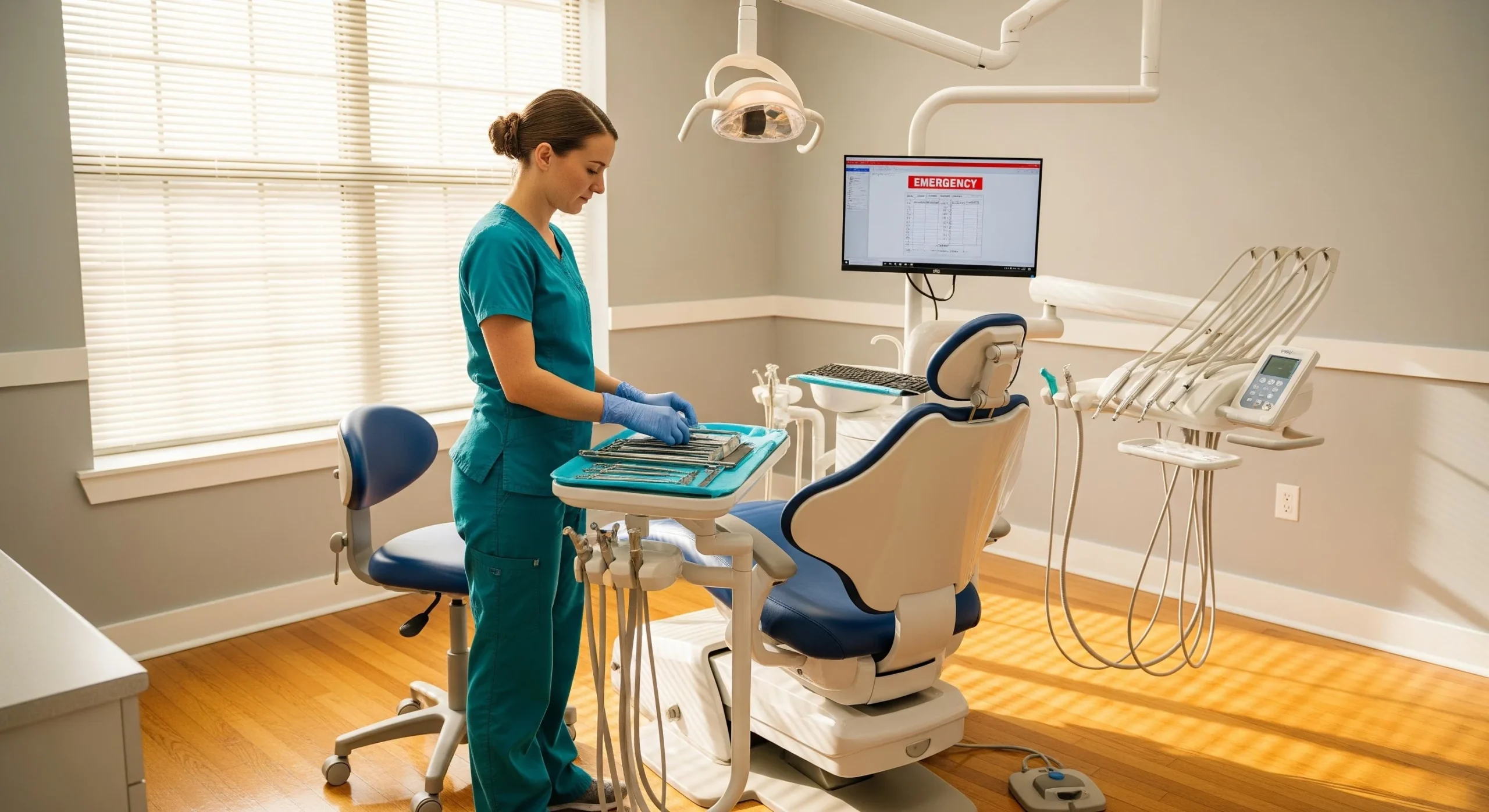Why Immediate Emergency Dental Care for Kids Matters
When a kid’s dental emergency occurs, waiting can worsen the situation. Dental pain, swelling, or trauma may indicate underlying infection or damage that requires professional treatment.
Parents often feel overwhelmed when faced with pediatric dental emergencies, especially when children are frightened or in pain. Acting quickly helps:
- Reduce discomfort and anxiety
- Prevent infection from spreading.
- Improve the chance of saving a tooth.
- Avoid more invasive and costly procedures.
Whether you need an emergency dentist for kids due to severe pain or an emergency kids dental visit after an accident, prompt care leads to better outcomes for your child’s oral health.
Common Pediatric Dental Emergencies We Treat
Children experience dental emergencies differently from adults, and each situation requires a tailored approach. Our team routinely treats a wide range of pediatric dental emergencies, including:
Tooth Trauma
- Knocked-out permanent teeth
- Chipped or fractured teeth
- Loose or displaced teeth
Pain and Infection
- Sudden or severe toothaches
- Dental abscesses
- Facial swelling or fever
Soft Tissue Injuries
- Cuts to the lips, tongue, or cheeks
- Bleeding gums or oral lacerations
If your child is experiencing any of these symptoms, contacting our dental office as soon as possible can prevent complications and speed up recovery.
How to Respond to a Kid’s Dental Emergency
The first few minutes after an injury or onset of pain are critical. Knowing what to do while contacting an urgent pediatric dentist can significantly affect treatment success.
Knocked-Out Permanent Tooth
- Handle the tooth by the crown only.
- Gently rinse with water if dirty.
- Attempt to reinsert it into the socket if possible
- If not, store it in milk or saliva and seek immediate care.
Bleeding or Swelling
- Apply gentle pressure with clean gauze.
- Use a cold compress on the outside of the face.
- Keep your child calm and seated.
Pain Management
- Use age-appropriate pain relief (avoid aspirin)
- Rinse gently with warm salt water if advised.
These steps help stabilize the situation until your child can be seen by an emergency children’s dentist.
After-Hours and Urgent Pediatric Dental Care
Dental emergencies do not follow a schedule. That is why having access to dental care for kids after hours is essential for families.
ChildSmiles OC provides emergency guidance for urgent situations that occur outside regular office hours. For severe trauma, uncontrolled bleeding, or signs of serious infection, hospital emergency rooms can provide immediate stabilization. However, most ERs cannot offer definitive dental treatment, making follow-up with an emergency kids dentist crucial.
Preventing Pediatric Dental Emergencies
While not all emergencies are avoidable, many pediatric dental emergencies can be prevented with proper precautions and regular care.
Sports Safety
- Use custom-fitted mouthguards for sports.
- Reduce the risk of fractures and tooth loss.
At-Home Prevention
- Avoid chewing hard objects like ice or popcorn kernels.
- Childproof living spaces to reduce falls
- Supervise active play
Preventive Dental Care
Preventive care reduces the likelihood of needing an emergency dentist for kids and helps maintain long-term oral health.
Compassionate, Stress-Free Emergency Dental Care
Dental emergencies can be overwhelming, but your child is never alone at ChildSmiles OC. We focus on reducing fear, managing pain quickly, and providing expert care in a supportive environment. Complimentary nitrous oxide is available to help children relax and feel comfortable during treatment.
If your child needs urgent dental care, contact us directly. Our team is here to help protect your child’s smile when it matters most.
